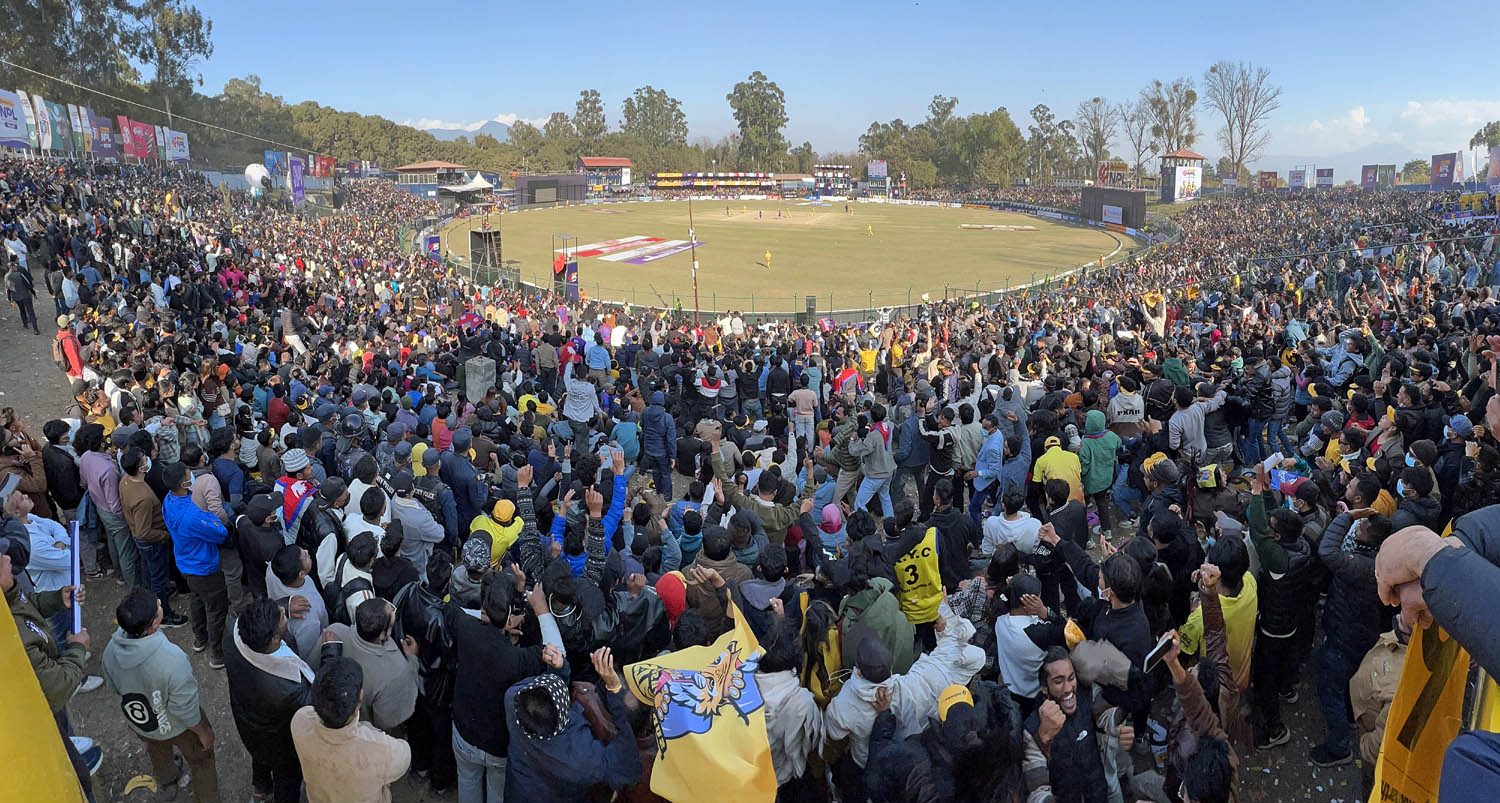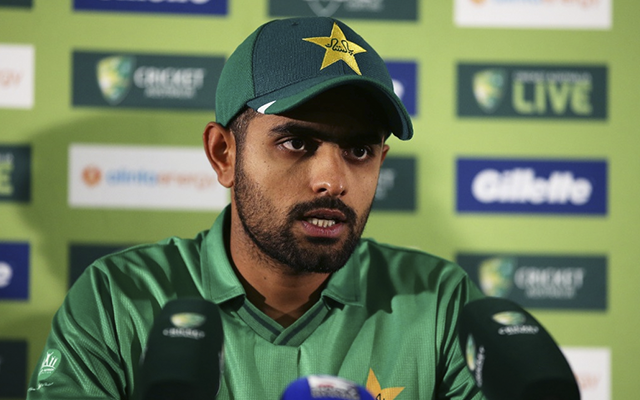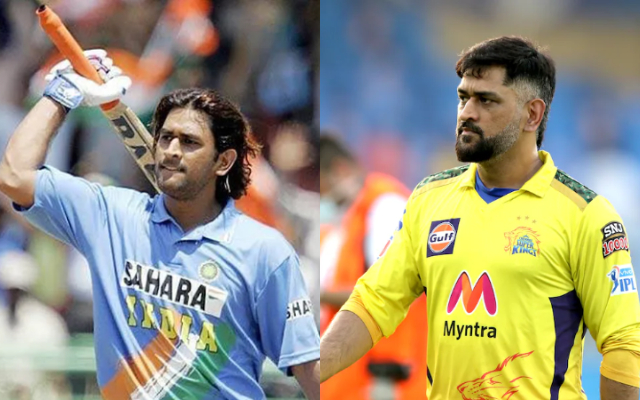CRICKET
English pacers humiliate India

England’s veteran pacer James Anderson put up a brilliant exhibition of seam and swing in his morning spell on day 1 of the third Test.
His spell put the hosts in complete command in Headingley on Wednesday.
Led by Anderson, England bowlers ripped through the opposition’s batting order to bundle out India for just 78 in the first innings.
This was England’s best first day in a Test since the 2015 Ashes clash at Trent Bridge where they dismissed Australia for just 60, with Stuart Broad taking 8-15.
Later, they had reached stumps on 274-4, with Root unbeaten on 124.
However, today, England openers Rory Burns and Haseeb Hameed scored unbeaten half-centuries as the hosts finished day 1 on 120 for no loss.
At stumps, Hameed was batting on 60 while Burns was on 52.
Burns and Hameed – England’s 22nd Test-opening partnership since Andrew Strauss retired nine years ago, posted only England’s second century first-wicket stand in five years at this level.
Kohli wins toss
India captain Virat Kohli won the toss and opted to bat first against England though the conditions were overcast.
Kohli kept faith in the same playing XI that got India the lead at the Lord’s with a sensational 151-run win.
However Joe Root has made two changes – one forced and one tactical.
Dawid Malan replaced the out-of-form Dom Sibley while Craig Overton took the place of the injured Mark Wood.
Kohli’s ploy failed miserably as India’s famous batting unit’s technique against swing bowling was laid bare by Anderson and his band which got them all out in little over 40 overs.
Anderson took 3-6 in eight overs, including the prize wicket of India captain Virat Kohli.
Both Sam Curran and Craig Overton took two wickets in two balls after lunch, with Overton finishing with 3-14 in 10.4 overs.
Rahul disappoints
Rahul, fresh from his 129 at the ‘home of cricket’, fell for a duck when he edged a booming drive to give wicketkeeper Jos Buttler the first of five catches in the innings.
Pujara lasted just nine balls for one, undone by a superb Anderson delivery that both swung away and seamed.
Rohit who made a fine 83 at Lord’s, fell when he mishooked a looping bouncer from Overton to Ollie Robinson at mid-on.
Kohli fell for seven when he tried to drive an Anderson ball he might have defended to give Buttler another catch.
India, 56-4 at lunch on Wednesday, lost their last six wickets for 22 runs.
Rohit Sharma (19) and Ajinkya Rahane (18) were the only India batsmen to make it into double figures, with extras providing 16 runs.
Squads
India: Rohit Sharma, KL Rahul, Cheteshwar Pujara, Virat Kohli(c), Ajinkya Rahane, Rishabh Pant(w), Ravindra Jadeja, Mohammed Shami, Ishant Sharma, Jasprit Bumrah, Mohammed Siraj
England: Rory Burns, Haseeb Hameed, Dawid Malan, Joe Root(c), Jonny Bairstow, Jos Buttler(w), Moeen Ali, Sam Curran, Craig Overton, Ollie Robinson, James Anderson
England 120 for 0 (Hameed 60*, Burns 52*) lead India 78 (Rohit 19, Anderson 3-6, Overton 3-14) by 42 runs
BIG NEWS
Nepal Premier League Becomes a Watershed Moment for Nepali Cricket

The NPL has become a watershed moment for Nepali cricket, elevating the sport to new heights. With its success, the league has brought national and international attention to Nepali cricket, attracting a broader fan base and better sponsorships.
This landmark event showcases the immense talent present in Nepal and provides a platform for local players to shine. The league has paved the way for a new generation of cricketers to gain recognition and advance their careers in the sport.
The NPL has also given Nepali cricket more global exposure. International players joining the league help raise the level of competition, further inspiring the local players. The league’s popularity continues to grow as it evolves and promises to be a cornerstone of Nepali cricket in the years to come.
As the league progresses, it is expected to inspire future stars and increase the overall development of cricket in Nepal. Fans eagerly follow every match, enjoying the thrilling action and supporting their favorite players and teams.
In conclusion, the Nepal Premier League has transformed Nepali cricket, setting the stage for future growth. This momentous development will surely lead to even greater success for Nepali cricket on the international stage.
The NPL has also sparked interest in domestic leagues across emerging cricket nations. It serves as a model for other countries to develop their cricketing infrastructure and provide young talent. As the NPL continues to grow, it is expected to play a vital role in shaping the future of Nepali cricket.
Fans have embraced the tournament, creating a sense of national pride. The NPL’s rise reflects the growing global interest in domestic cricket leagues and their role in nurturing future talent. It’s a significant milestone for Nepali cricket, ensuring that the sport will continue to evolve in the coming years.
BGT
Simon Katich Criticizes George Bailey’s Call to Axe Nathan McSweeney from Australian Team

Simon Katich has sharply criticized George Bailey’s decision to drop Nathan McSweeney from the Australian team. Simon Katich believes this call was a poor decision, especially after McSweeney’s consistent performance. Bailey’s choice has sparked discussions about the selection process and the reasoning behind it.
McSweeney’s exclusion has raised eyebrows, with many questioning why a player with such promise was dropped. Katich, in particular, feels that Bailey’s decision to axe McSweeney is questionable, especially when compared to the struggles of other top-order batters. Both teams in the recent series have faced challenges with their top-order batting, but the Australian selectors decided to make this change.
Katich’s comments reflect growing concerns about the selection strategy and the impact of dropping McSweeney. He pointed out that many players have struggled with their form, yet McSweeney was chosen to be left out. This, Katich argues, highlights the inconsistency in the decision-making process.
Top-order batters in both teams have faced difficulties, with neither side managing to produce consistent runs. Despite these struggles, the decision to remove McSweeney has left fans and experts questioning the rationale behind the move. Some believe that dropping McSweeney might have been premature, given the form of other players.
Katich’s criticism brings attention to the broader issue of player selections in international cricket. As teams prepare for future series, these decisions are likely to influence the direction of Australian cricket. The focus now shifts to how Bailey and the selectors will handle similar challenges in upcoming matches.
The debate continues, with many calling for more transparent and consistent decision-making regarding player selections in international cricket.
BGT
Steve Smith and Travis Head Address BCCI’s Influence in Cricket

Steve Smith recently commented on BCCI’s influence in cricket, sparking debates about its significant role in global governance. During a media interaction, Smith remarked that the International Cricket Council (ICC) appears less powerful than the Board of Control for Cricket in India (BCCI). This statement drew attention, prompting Smith to clarify his intentions quickly.
Smith acknowledged that the BCCI holds a dominant position in cricket due to its financial and organizational contributions. He pointed out how the Indian board influences key decisions that shape the sport. However, Smith softened his tone, emphasizing that his comments were not meant as criticism of either the ICC or the BCCI.
Travis Head, Smith’s Australian teammate, also addressed BCCI’s influence in cricket. Head humorously referred to the Indian board as “rulers,” recognizing its ability to set global standards in cricket. He highlighted the board’s pivotal role in defining policies and establishing benchmarks for the sport.
These remarks have reignited discussions about power dynamics in international cricket. Critics argue that the BCCI’s financial clout often overshadows smaller cricketing nations. They believe this imbalance can hinder fair representation in decision-making. On the other hand, supporters emphasize the BCCI’s critical role in expanding cricket’s global reach and popularity.
As India hosts the ICC Cricket World Cup, the spotlight remains on the BCCI’s influence in cricket. The board’s central role in shaping schedules, policies, and trends continues to drive conversations about equity in the sport. Smith and Head’s remarks reflect ongoing concerns about maintaining fairness and inclusivity in global cricket governance.
Their comments underscore the need for balanced representation to ensure a fair future for cricket.
-

 FILMY1 year ago
FILMY1 year agoWATCH: Tripti Dimri shocks audiences with daring nude sequence in Ranbir Kapoor starrer ‘Animal’
-

 BIG NEWS2 years ago
BIG NEWS2 years agoRiva Arora, aged 12, romances with Karan Kundrra in viral video
-

 BIG NEWS2 years ago
BIG NEWS2 years agoMeet the sexiest female golfer ever!
-

 LATEST2 years ago
LATEST2 years agoThe sexiest tennis star on the planet. Do you agree?
-

 CRICKET1 year ago
CRICKET1 year ago‘Bloody dump captain’ – Former Pakistan cricketer lashes out at Babar Azam and staff for mismanagement of fast bowlers in Asia Cup 2023
-

 FILMY1 year ago
FILMY1 year agoWATCH: After Tripti Dimri, Rashmika Mandanna’s intimate scene with Ranbir Kapoor in ‘Animal’ goes viral on internet
-

 CRICKET1 year ago
CRICKET1 year agoTop 10 hairstyle of MS Dhoni from 2007 to 2023
-

 FILMY1 year ago
FILMY1 year agoDid you know Simi Garewal dated India’s iconic industrialist Ratan Tata? Know more about this










